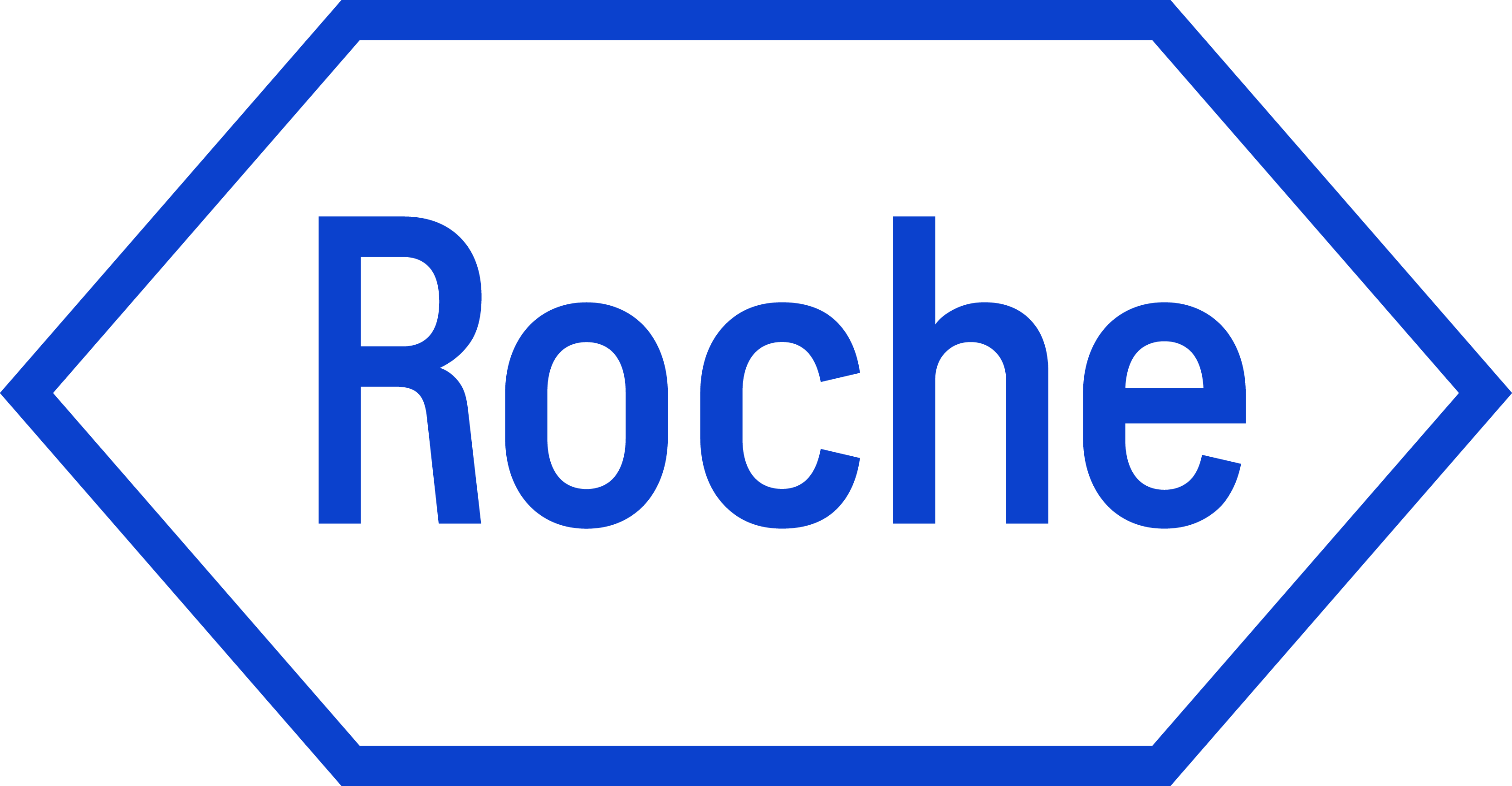For many women in the Asia-Pacific region, self-care takes a backseat to caring for others, often at the expense of their own health.
A survey by Roche Diagnostics of 2,836 women aged 25 to 50 from eight Asia-Pacific countries discovered that 44 per cent of respondents delayed or avoided medical treatment because of familial obligations. Moreover, six in 10 respondents believe that female diseases are undervalued in healthcare systems.
These findings emerged as cancers affecting women are increasing in incidence across the region. Asia currently accounts for 45 per cent of all global breast cancer cases and 58 per cent of cervical cancer deaths worldwide, according to data from the International Agency for Research on Cancer. Lower- and middle-income countries (LMICs) face additional challenges due to demographic and developmental transitions, leading to higher mortality rates from breast and cervical cancer. A significant factor is that women in these regions are often diagnosed at later stages, which worsens outcomes.
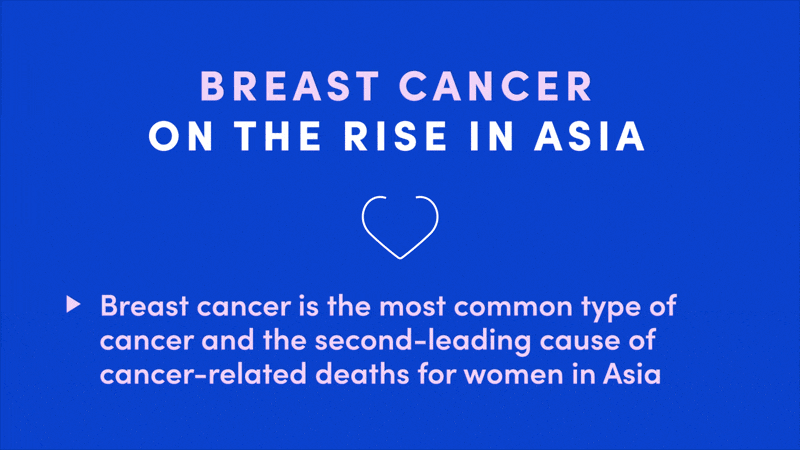
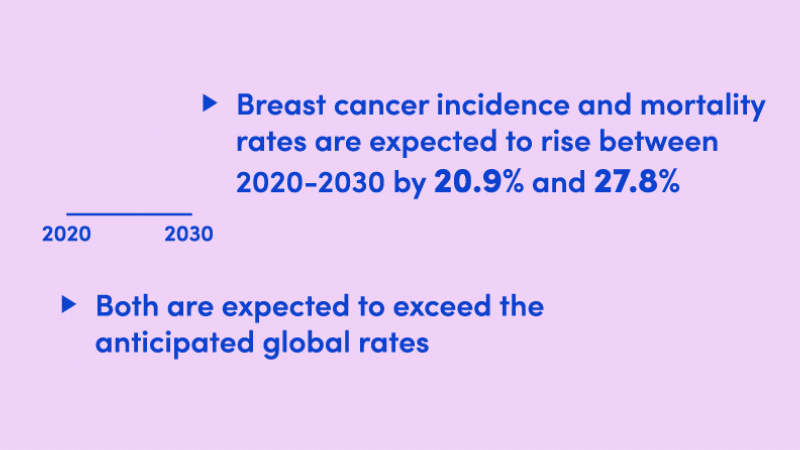
“Countless women in the Asia-Pacific region are succumbing to breast and cervical cancers, which is unacceptable, given that these can be prevented or treated more effectively with early diagnosis,” said Ms Deepti Saraf, general manager of Roche (Malaysia). Ms Saraf is also part of the APAC Women’s Cancer Coalition, which brings together stakeholders in the healthcare industry to advocate for women’s cancer issues in the Asia Pacific.
Dr Diana Edralin, general manager of Roche (Philippines), said: “Every day, I have the privilege of working alongside the most resilient women I have ever met – women living with breast cancer, who, despite pain, fear and struggles, still think about and care for their family and loved ones. However, the challenges do take a toll, causing even more frustration and guilt that at this point, they need to prioritise their own health so that they continue to care for others.”
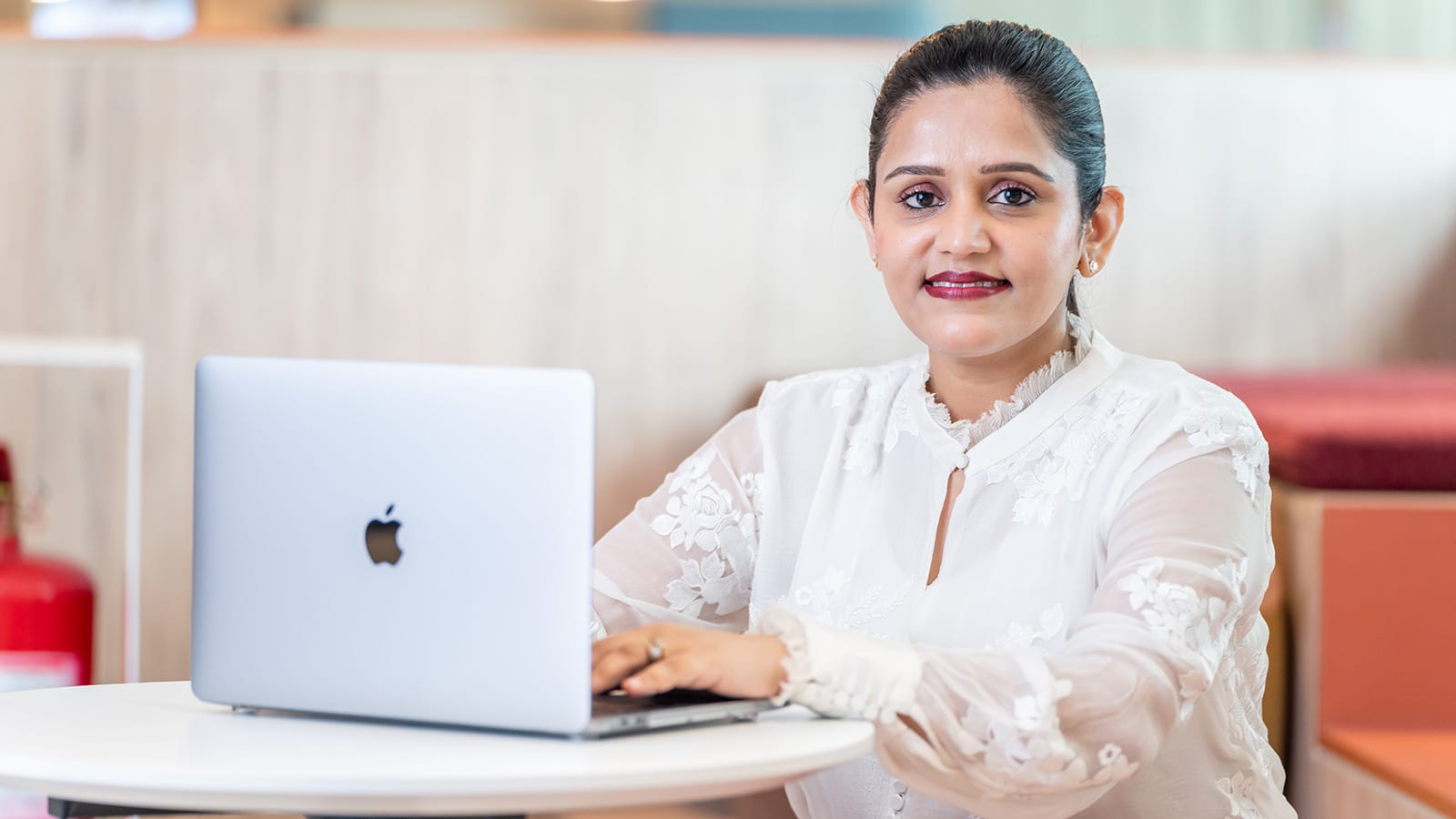
As Ms Saraf pointed out, addressing women’s health issues in Asia is not just a “moral imperative” – it’s also a critical driver of social and economic growth. “An estimated US$300 million (S$391 million) investment into research focused on women could yield a US$13 billion economic return and lead to reduced healthcare costs, better quality of life and years of productivity returned to the global workforce,” she shared, citing a study commissioned by the coalition.
According to Dr Edralin, women represent 52.4 per cent of the workforce in the Philippines. “The impact of time off due to illness and treatment results in reduced productivity for businesses, which has broader implications for the economy. Additionally, the economic cost of cancer is projected to reach US$1.9 billion,” she shared. “By reducing the burden for women and improving their quality of life, we would be adding years of productivity to the local market.”
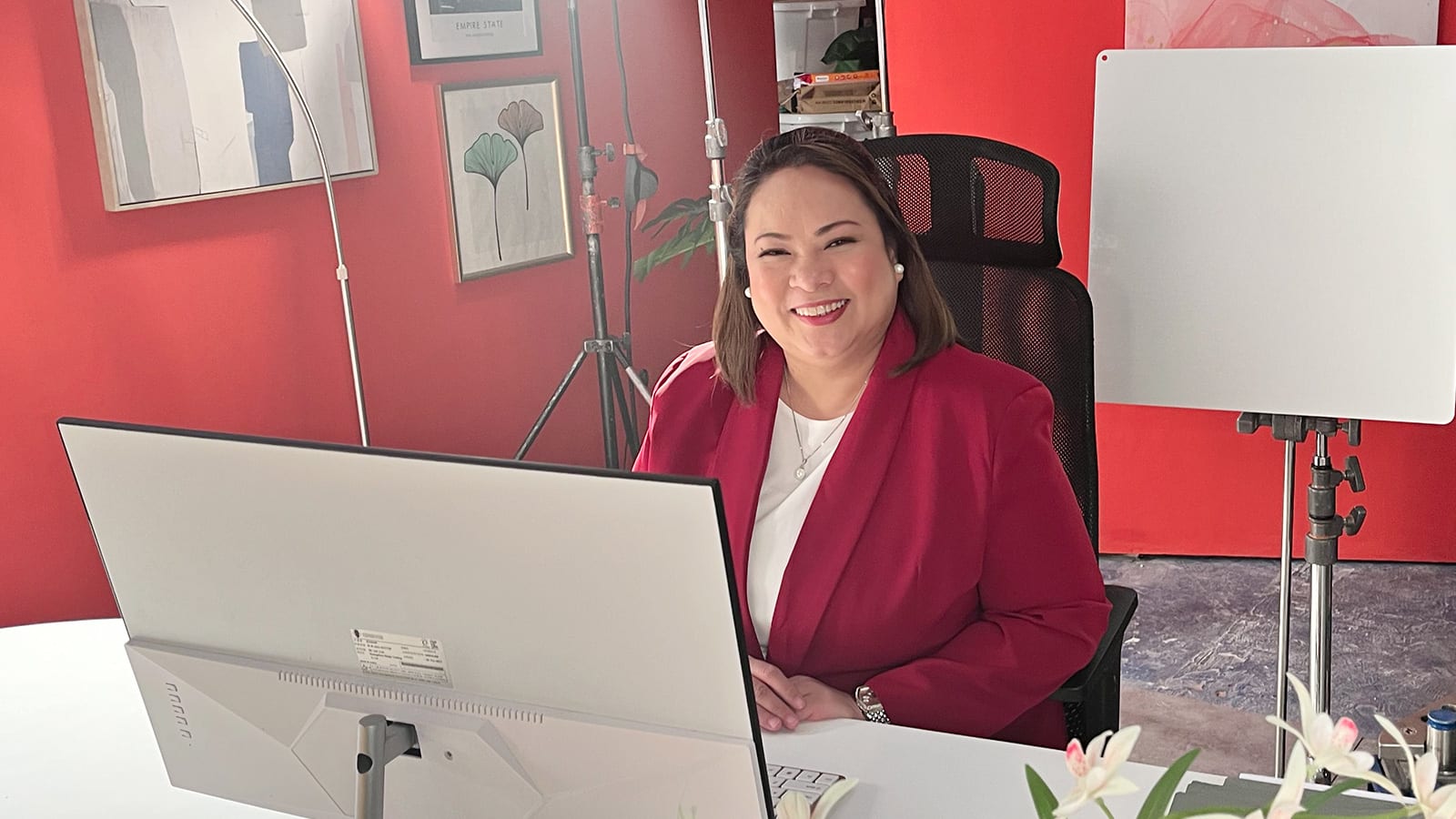
REDUCING OBSTACLES TO HEALTHCARE ACCESS
When it comes to timely access to healthcare, women from rural and under-resourced regions are especially disadvantaged. The cost of health screenings, treatments and transportation to healthcare facilities can be prohibitive.
Geography creates another obstacle in areas where a lack of healthcare infrastructure leads to higher costs of transport, and takes women away from work and family responsibilities. “This can be especially difficult to manage for treatments that require multiple visits, as many of these women are the main caretakers of their families and cannot take extended or repeated time off,” Ms Saraf said.
Sociocultural beliefs and lack of access to information also hold women back from seeking healthcare. Dr Edralin shared that in parts of the Philippines, myths and misconceptions, such as cancer is a form of punishment for a woman’s actions, character or lifestyle, or “only one family member per generation will get breast cancer” still prevail.

Furthermore, some women perceive mammograms to be a painful experience, while others are uncomfortable with the idea of exposing their bodies and being touched by strangers – especially male physicians – during breast exams.
Ms Saraf revealed that healthcare workers face barriers of their own. “Healthcare workers in rural areas face challenges in being able to reach and educate women on the importance of these screenings, including limited resources and staff, insufficient training and overwhelming workloads.”
Barriers also exist in the field of medical science, said Dr Edralin, noting how LMICs are “drastically underrepresented” in medical research. “This has great ramifications for both wider health systems and women’s health infrastructures in LMICs, which rely on quality, data-driven insights to establish regulations, drive access and raise public awareness,” she said.

CO-CREATING SOLUTIONS WITH STAKEHOLDERS AND COMMUNITY PARTNERS
To address these barriers, Roche, which supports the World Health Organization’s Global Breast Cancer Initiative goal of reducing breast cancer mortality by 2.5 per cent annually, has implemented several programmes.
In 2023, to fight the surge of breast and cervical cancer cases in the region, Roche launched the APAC Women’s Cancer Coalition, alongside healthcare organisations like TogetHERforHealth, Jhpiego and CAPED, to collectively drive change throughout the region.
It has rolled out programmes like Mission Leapfrog, which brings together government, non-profit, private and public organisations as well as community groups to co-create solutions to reduce barriers to education, screening, diagnosis, treatment and funding in LMICs. In addition, Roche is partnering with telehealth initiative Project ECHO to bring video tele-mentoring programmes to healthcare personnel in underserved or rural communities.
“Through knowledge-sharing and open dialogue, these partnerships can result in programmes that upskill healthcare professionals, promote health literacy, support patient advocacy, and influence health system infrastructure and policy change,” said Ms Saraf.
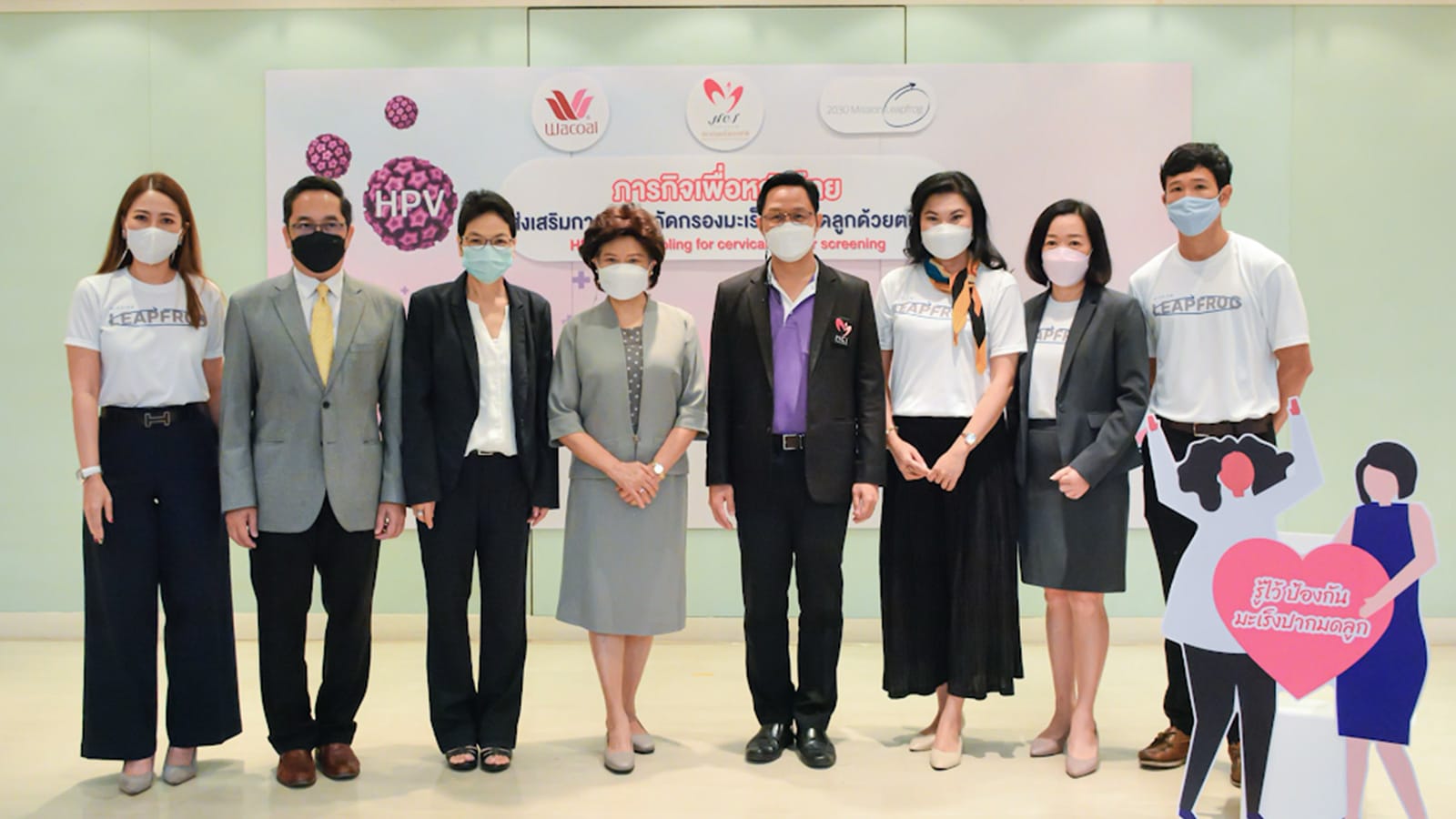
HOW MISSION LEAPFROG IS MAKING CHANGES ACROSS THE REGION
THAILAND:
-
Partnered with National Cancer Institute (NCI) and Thai Wacoal Public Company
-
Conducted an on-site cervical cancer screening pilot in a factory, attended by 242 female workers
-
Recommended positive cases for further screening and treatment
-
NCI aims to replicate this model in Bangkok through 69 primary health centres
THE PHILIPPINES:
-
Collaborated with government institutions to develop programmes for breast and cervical cancer patients
-
In Tacloban city, a memorandum of understanding was signed with the Department of Education to raise breast and cervical cancer awareness among female educators and establish prevention protocols
-
To date, over 15,000 women educated and 16,000 screened across six cities
In Indonesia, Roche partnered with Dharmais National Cancer Hospital and Project ECHO in a tele-mentoring project to build the capacity and capability of healthcare professionals in underserved locations. After three years, the Indonesian Ministry of Health decided to adopt and implement the tele-mentoring model at the national level, focused on breast cancer screening.
The model has also been adopted by the Indonesia Breast Cancer Foundation, which initiated an early detection project for breast cancer in the Tangerang municipality of Banten province.
As a woman and doctor, bridging the gender health gap is “deeply important” to Dr Edralin, who has been on the frontlines of caring for women fighting breast and cervical cancer for a number of years. “Advances in healthcare and technology have greatly changed women’s lives for the better in the past decades, but it’s very clear that more needs to be done,” she said.
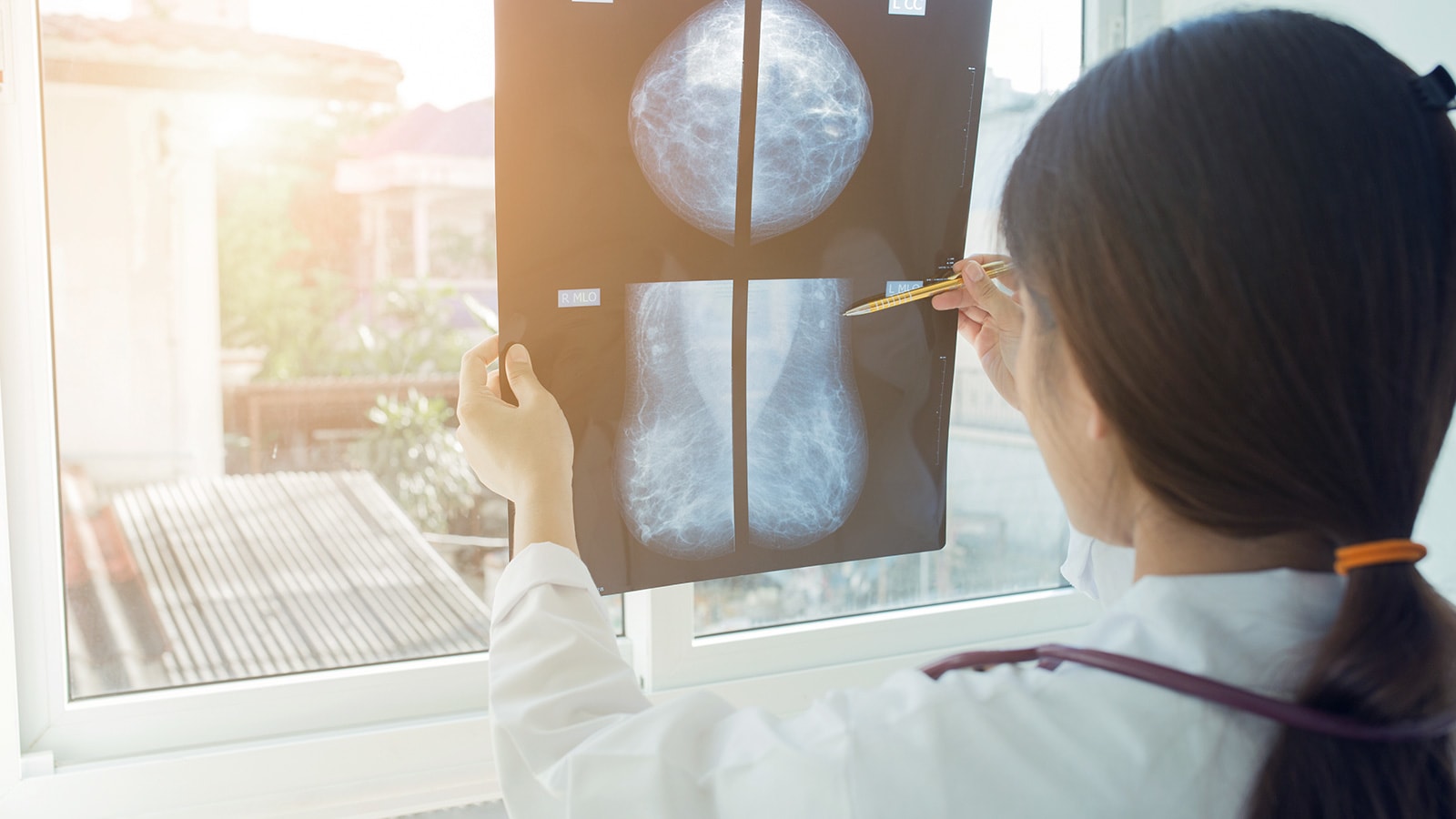
Ms Saraf added: “To continue making a meaningful impact, we must reach women where they are. This includes increasing the presence of women in healthcare to champion women’s health and decentralising cancer care to make it more accessible. With advances in technology, in-home breast cancer care is now available in countries like Singapore, bringing treatment closer to patients and improving outcomes.”
Dr Edralin said that while Roche’s programmes may differ in approaches, geographies and scale, they are all driven by a common purpose to ensure access to tailored and equitable healthcare for all women across the Asia Pacific.
“It’s incredible to see what we have achieved through these programmes, given the opportunity to co-create solutions that are most meaningful for patients,” Dr Edralin added. “Time and time again, we have seen great examples of what can be accomplished through strategic public-private partnerships, where each stakeholder brings their unique expertise to propel transformative change for women’s health. As we look ahead, these kinds of partnerships will be key for improving outcomes for women.”










